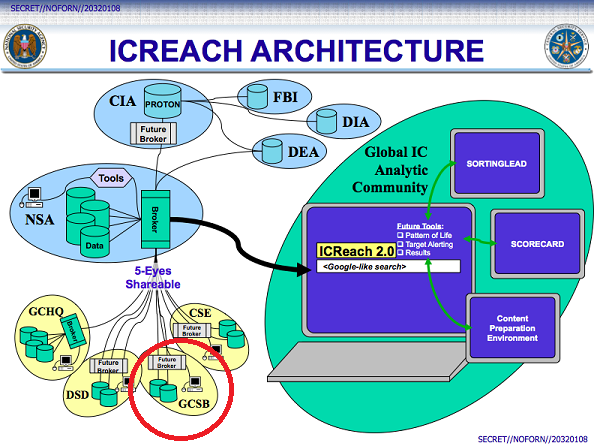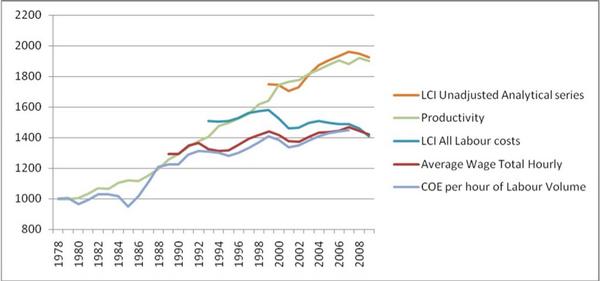In 2003, the Court of Appeal delivered a bombshell ruling in
Ngati Apa v Attorney-General: the crown had not generally extinguished Maori customary rights over the foreshore and seabed, and ownership of particular areas of the foreshore and seabed was a question of fact to be determined by the Maori Land Court in accordance with the facts and history of the area. The resulting Pakeha outrage at the idea that Maori might still have property rights led to the passage of an unjust
raupatu law, the formation of the Maori Party, and its subsequent alliance with National to pass
pretty much the same law under a different name.
Now the Supreme Court has delivered a similarly explosive ruling in
Paki and Others v Attorney-General (No. 2).
The ruling is the result of a fifteen-year long case over ownership (and compensation for its loss) of a significant stretch of the Waikato River. The Pouakani people used to own it, but by the usual practice of theft through the Maori Land Court and acquisition under the Public Works Act, it was stolen from them. So they went to court, arguing (due to a prior case,
Re the Bed of the Wanganui River) that the government at the time hadn't informed them of the conveyancing presumption that the river would be transferred along with its banks, and that it therefore owed them a fiduciary duty over the river. The crown argued that it owned it outright thanks to the Coal-Mines Act Amendment Act 1903 (which asserted crown ownership of the bed of navigable rivers), but in 2012 the Supreme Court ruled that that was
not the case. And now they've gone one better, ruling that the crown may not have acquired title at all, and explicitly overturning
Re the Bed of the Wanganui River as a general precedent. Instead, they've applied the core principle of
Ngati Apa that
aboriginal title continues until lawfully extinguished, and that absent a general extinguishment, it needs to be determined according to the facts of local custom and history. In the case of the Pouakani people, it means they may or may not own the riverbed, depending on Maori custom at the time.
There are two things which make this ruling explosive:
- the same principle applies to other significant non-navigable rivers, which could lead to a flood of litigation;
- but more importantly: the particular land in question holds three major hydroelectric dams (Arapuni, Maraetai and Whakamaru) operated by Mighty River Power. Mighty River may now owe the Pouakani damages, not to mention rent. Or the land may be resumed under sections 27A - 27D of the State Owned Enterprises Act (which still apply to mixed-ownership model companies)
Which means that no doubt we'll soon see Pakeha banging their racist drum about the prospect of Maori "owning the rivers" (even though such ownership has been a feature of several Treaty settlements already) - possibly aided by a partly government-owned company's PR machine (which would surely be a breach of the government's Treaty obligations).
I've already seen people arguing that the government will not allow the ruling to stand. Which is going to put the rump Maori Party in a very unpleasant position, and is likely to further aid Internet-Mana. But the big problem here is that legislating over it directly undermines the settlement in
New Zealand Maori Council v Attorney-General (1987) (the lands / SOE case). The core promise there was that land (and subsequently, water) subject to Maori claims could be transferred to SOEs, and even privatised, as long as the rights of those potential claimants were protected. The case is the foundation of modern Treaty jurisprudence (it established the idea that the Treaty was a partnership and the crown owed Maori a duty of good faith), and the Supreme Court relied on it just last year to
overturn a challenge to the sale of Mighty River Power, on the basis of that protection of rights and "the proven willingness and ability of the Crown to provide such redress". Tearing that up would call every other settlement - and the good faith of the crown - into question. No sane government should want to go there.


